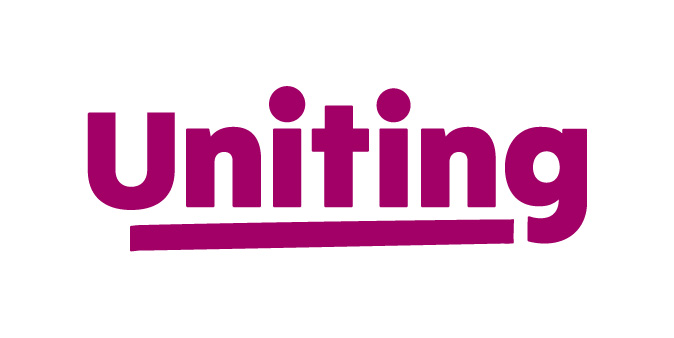Presenting at Together with Families 2023, Uniting highlighted a few programs under the Family Services banner, focusing on the value of lived experience and highlighting client outcomes.
Uniting have a bespoke Family Services team called Starting Out. The program delivers Family Services to parents under the age of 25. Part of the program delivery is a supported play group and along with Practitioners who facilitate the group, we have parent mentors. The parent mentor is generally a community member who has had experience of being a young parent, who can share their experiences with the group. The parent mentors work with the practitioners to build the term program, drawing on their own experiences and challenges so the program can be delivered with a lived experience lens.
This year we have expanded our parent group to dad’s and have started a Thriving Dad’s group with a male parent mentor. The group has provided education and peer support to Father’s in our Family services program.
Uniting has been providing Parenting Assessment and Skills Development Service (PASDS) for around 20 years. The program is an assessment service, assessing parental capacity and child safety, stability and development. The in-home program also aims to observe and assess the attachment and attunement of the parents and child.
The assessment relies heavily on theories and frameworks including developmental theory, the neurobiology of brain development, attachment theory, trauma theory, circle of security and the best interest’s framework.
Homes 4 Families is a program that Homes Vic invited Uniting to deliver following the pandemic. The program purpose is to transition families from hotel accommodation to long term housing outcomes. Uniting was invited to deliver the program as it combines a Family Service response with housing and tenancy responsibilities.
The objective of the program is to provide stable and secure housing to families to enable them to address some of the challenges that have led to instability for the family. The majority of families have complex and entrenched trauma histories. The children have limited experiences of stability in their lives. There is a considerable child protection history for many of the families. The families have rarely maintained tenancies and have very limited community links.
Some of the positive consumer outcomes that we have achieved in the program include ongoing support for children to access speech therapy, access to assessments that has led to NDIS support. Increased community connection, increased school attendance and relationship building between families and schools. Access to basic health and dental care. Capacity building of independent living skills such as cooking and budgeting.
Uniting has partnered with VACCA to deliver Early Help in the East.
Uniting has collaborated with a number of Universal services. The referrals come from these services and we have delivered; 1-1 support to families, have hosted morning teas at schools to build community engagement, we have run 2 sessions of Tuning Into Kids each school term and next year we will add Treehouse Junior and Bringing up Great Kids programs to our service delivery.
The Uniting program has reached around 385 families in just over a year with 5 staff across the program.
Uniting is currently developing a Therapeutic Model of Care, to be fully implemented within our Child Youth and Families teams in 2024.
It’s accepted worldwide that trauma-based services need to be underpinned by a model of care. Along with effective leadership, this has been identified as a key factor in well-run organisations. There is growing expectation that these models are informed by research and evidence and the overarching aim of an effective model of care is to improve service delivery.
Uniting is currently developing a framework which aims to intentionally integrate our approach to leadership, organisational culture and practice. The model will create a shared understanding and use consistent language and approaches to practice. With the Model of care we will roll out a comprehensive training and coaching matrix and by bringing all of these elements together it will provide best outcomes for our consumers, and best experiences for our staff.
Links






